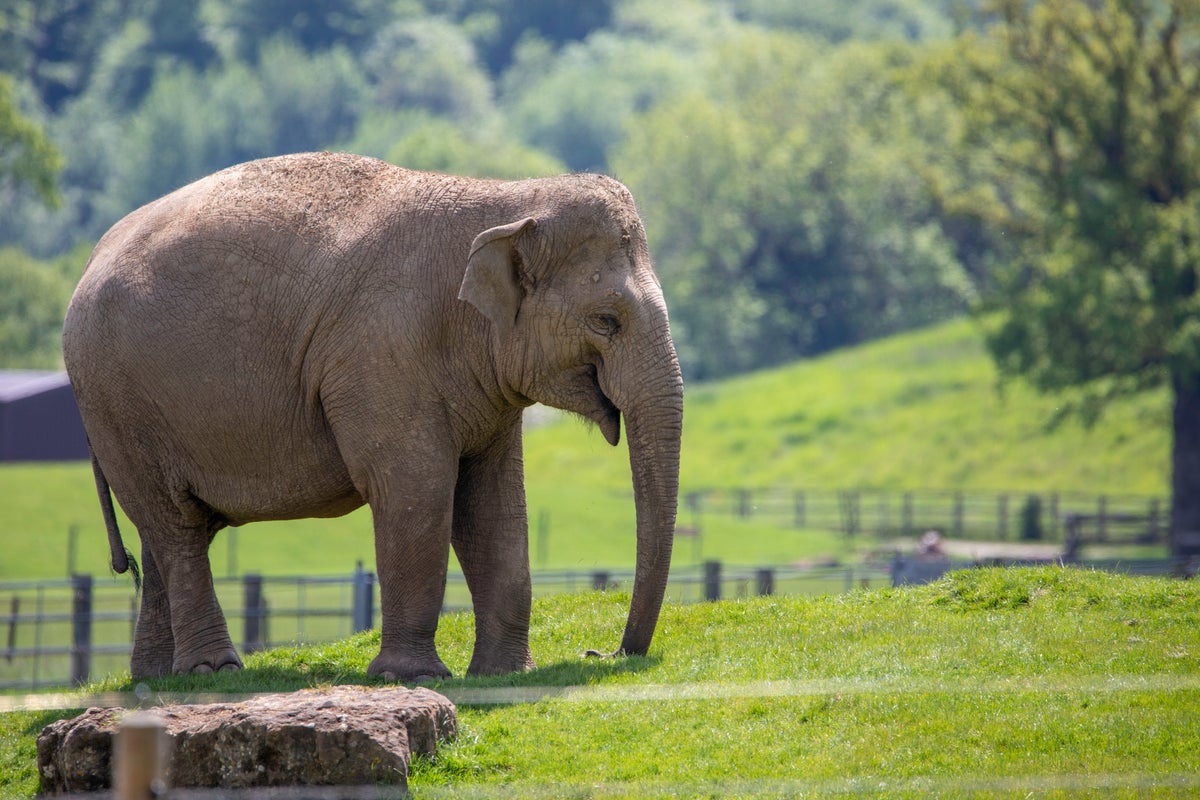Zoos across Britain will be subject to new animal welfare regulations, requiring them to provide more spacious enclosures in a bid to end outdated practices.
The reforms, announced by the Department for Environment, Food & Rural Affairs (Defra), mark the first modernisation of zoo standards in over a decade.
The new standards aim to enhance the welfare of a wide range of species, from snowy owls and golden eagles to elephants, stingrays, and octopuses. Elephants, in particular, will benefit from significantly larger habitats.
The regulations will also prohibit the long-term tethering of birds of prey, a practice criticised by animal welfare advocates. The common practice of allowing visitors to touch fish and cephalopods, such as rays and octopuses, will also be discontinued.
Animal Welfare Minister Baroness Hayman hailed the changes as the initial phase of a broader government initiative to implement the “most ambitious welfare reforms in a generation.” These reforms signal a commitment to improving the lives of animals in captivity and ensuring their needs are met within zoo environments.
Zoos and aquariums will face a two-year timeline to adapt to the changes, which will also require them to improve conservation standards and safety measures when keeping dangerous animals.
Baroness Hayman said: “We are a nation of animal lovers, and our best zoos and aquariums are truly world leaders in setting the standard for how wild animals should be kept.
“Today’s long-overdue reforms lay the foundation for an even stronger, even more compassionate future for all zoos and aquariums — and the animals they protect.
“This is the first step as part of our commitment to deliver the most ambitious animal welfare reforms in a generation.
“We’re making sure all sectors have the tools they need to thrive, which is vital in our mission to deliver economic growth and make lives better for people across the country under our Plan for Change.”
Dr Jo Judge, CEO of the British and Irish Association of Zoos and Aquariums, which represents over 130 zoos and aquariums, said its members have been “working closely” with Defra officials to meet the updated standards.
“The new standards are a significant step up in legal requirements and cement Britain’s position as a global leader for zoos and aquariums”, she said.
“We are delighted to see them published today, demonstrating government’s and the sector’s commitment to the highest levels of animal care, and helping empower zoos and aquariums to keep leading the fight for nature.”

